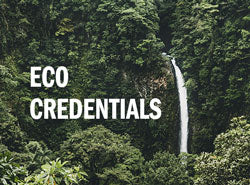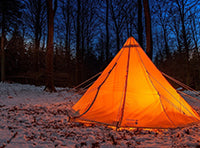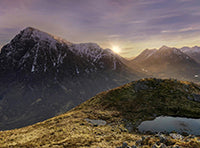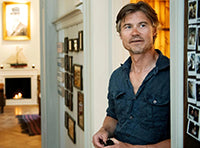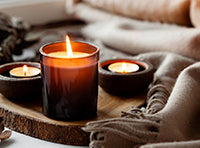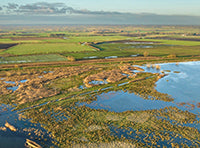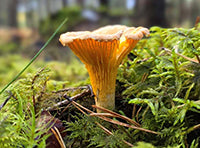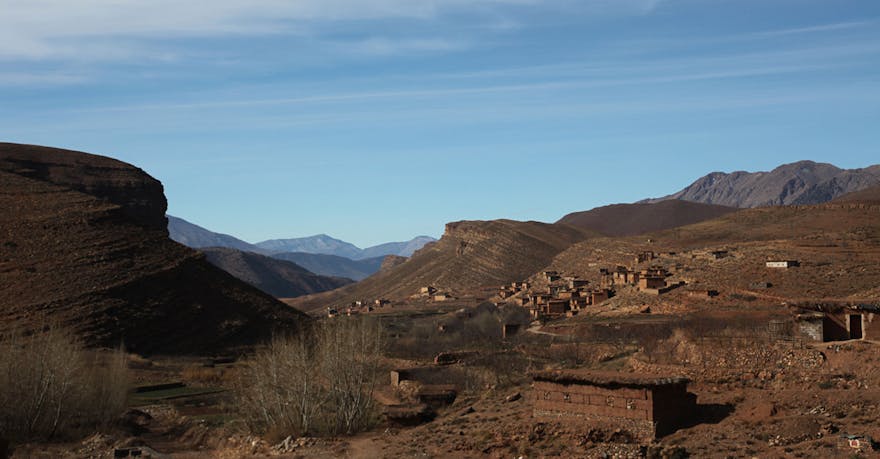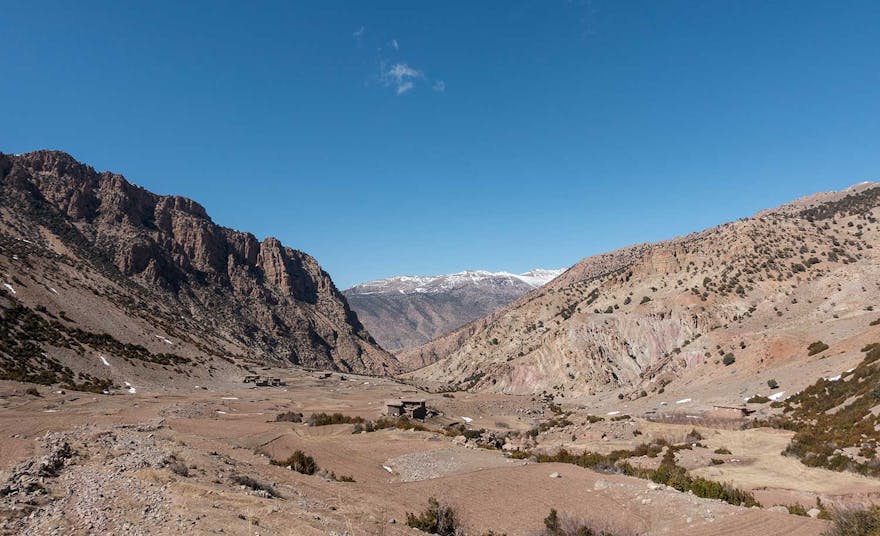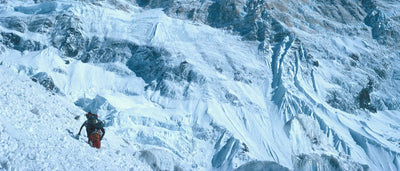It's February, and I am driving through the Atlas Mountains in Morocco. The air is crisp, the mountains powdered with too little snow for the season. I am careful – there are potholes as big as craters, rocks, a drop of a few hundred metres on the side. The road is narrow. I wish I had a Jeep or a 4x4. Instead, I hone my skills as a small car driver, fine-tuning my reflexes when oncoming cars come racing on the other side. Thankfully, they are few and far between. The difficult access keeps these areas relatively unspoilt, and each valley or pass is breathtakingly beautiful.
![Morocco Atlas Mountains - Earning the Landscape]()
It ranges from dark volcanic rock, to a yellow, red clay, to a lunar and Martian landscape. I am transported to a suspended time full of anachronisms. Villages look stuck in a different era, until you see they all have satellite dishes on their flat roofs, though often without hot water or heating. The road becomes significantly worse, and the car feels very fragile. This is the moment I think: "you mountains, you really make me earn this".
I stop, take a shot.
It required going against many people’s advice, including my family’s, to drive alone up there – it’s not something customarily done in my estranged homeland. It required me to look at a map and go, and just see what happens.
![Ikkis Village Morocco Atlas Mountains - Earning the Landscape]()
I make sure I have cash (there are no ATMs up there), check the weather forecast and road status. The car, however, is a bubble, a cell, a shield. The car provides a skewed perception of time and distances. Hiking can provide us with a more bodily experience. It allows us to move through time and space in the mountains, the valleys, the coast line, feel their temperatures, their scent, overcome their challenges and our vulnerabilities in both a physical and mental way. We can then start to understand their identity, and our own.
I hike the Arouss Gorges in the Happy Valley: a 10km day hike with 600 metres of elevation, through a gorge that takes me to Ikkis, at 2,276 m above sea level. It is a very rugged, harsh, but beautiful landscape, and the ascent is slow. I had to understand the habitat to understand the Berbers in the Atlas.
![Ait Tamlil Road Morocco Atlas Mountains - Earning the Landscape]()
Time slows down, almost stops. Stillness. Silence. Only the wind speaks. Donkeys appear carrying loads of bushes to the village a couple hours down. They walk alone – they know the path, it is by now in their genes. They carry the history of this land on their backs. I reach the small cluster of houses that is Ikkis, accessible only via the path I walked. They offer me tea and bread, a welcome warm drink for the wind turned bitter cold. Villagers here have next to nothing, live a very harsh life, yet they will always offer a cup of tea. I am likely the only distraction of the day, maybe the week. There are barely any visitors in this area at this time of year. Yet no matter how remote you are, you’re never totally isolated here. There always seems to be someone somewhere, a camouflaged village, closer than you think.
![Atlas Mountains Morocco - Earning the Landscape]()
In stark contrast, Canada’s Rockies have a totally different identity. They have a lot more sounds: the dead trees squeak, the leaves whisper in the wind in concert with birds and squirrels. 'Vast' takes a whole new meaning here, upscaled. I picked a target and off I went. Trails can get very busy here – I prefer the quieter ones, so I set out early. I encounter a lot of hikers, campers and wildlife, but no hidden villages in these immense spaces.
![10 Peaks - Alberta - earning the landscape]()
The Sentinel Pass is a 12km day hike starting at the very busy Moraine Lake near Lake Louise, with a 732m elevation gain. It has it all: a steep switchback through a dense forest at the start to feed and challenge fitness, it had me huffing and puffing. After that welcome, a comparative rest through the Larch Valley saw me being eaten alive by mosquitoes the size of helicopters, but gave me goosebumps with the view of the ten peaks and Minnestimma Lake before the second switchback to the ridge. That one was more challenging than it looked and was in part still covered in some snow.
I had to pace myself in the Rockies. Altitude demands it. I didn’t like it – I didn’t like feeling out of breath and dizzy when I tried to speed up. Part of me thought: "Good thing I am alone, no one is watching me struggle. After all, if I backtracked, no one would know". But I would. The other part of me wished for a voice telling me: "come on Malika, you can do it!" That too, I realise I can do.
![Moraine Lake Alberta - Earning the Landscape]()
Giuseppe Penone, an Italian artist of the Arte Povera movement, speaks of: “the space of an identity, how space, in an architectural sense is identity”. This identity is not only perceptible through a visual observation, it has to be interacted with, sensed, smelled. The world around us is not to be appreciated solely through our eyes. We have many other tools at our disposal. I am not talking about external ones. It is more bodily than that.
The world is a space. Our bodies do take up space in that world – they are a landscape in themselves. And there is also a space in our minds, a very expansive one. All three are connected. We sometimes forget it. Wilderness reconnects the dots.
![Alberta Mountains - Earning the Landscape]()
Challenges we embark on alone allow us to grow, take off the layers and step out of our old shoes. Nobody can attach a label or expectation of how we would react “traditionally”. We are free to drop the old way as we go through landscapes and mindscapes.
![Alberta - Sentinel Hike - Earning the Landscape]()
Upon reaching the ridge at the Sentinel, I found myself taken by a swarm of butterflies in my stomach. I couldn’t stop smiling, I wanted to jump up and down. I was mindful of the others on the ridge. At the top, it always makes perfect sense. I didn’t want to go back. Going back down is always filled with a mix of melancholy and euphoria. I like hikes that offer a different way down.
Finally, I am reminded of a quote from Marcel Proust: “The time at our disposal each day is elastic; the passions we feel dilate it, those that inspire us shrink it, and habit fills it.” Everything is relative and subjective. Time also. It has tension, it can be elastic.
![Atlas Mountains Morocco - Earning the Landscape]()
Malika Sqalli is a Moroccan-Austrian visual artist and photographer, as well as a personal trainer, holistic lifestyle coach and skydiving camerawoman. Malika has shown her work on four continents, and is driven by ideas of home, culture, identity and place, particularly the bodily relationship with landscape and environment. Most recently, during a three-month residency in Switzerland, she worked on the identity of the mountains and the toxic effect of tourism in the Alps, including our impact and traces as humans in our consumption of nature.

